It turns out that if there’s one thing more expensive than making theatre, it’s not making it. Empty buildings haemorrhage money. Postponing a show already in rehearsal or raising the curtain only for it to be dropped shortly after — as happened in December when theatres reopened just to close days later — scares off investors and unsettles audiences. (I might also say that being unable to gather as a community to make sense of the world through stories is costly not just in a financial sense. But then I am a pretentious playwright.) No, what we need is to begin filling our diaries once again with plays, musicals, comedy gigs and concerts. What the live arts need is certainty.
The government’s decision to extend Covid restrictions means keeping audience capacities at 50 per cent. I’m not a lockdown sceptic, and there’s nothing more important than people’s safety, but most shows need above 80 per cent to break even, and producers had to make their call months ago. Cinderella needs a dress stitched for the ball, and Iago rehearsal time to concoct his wicked schemes. Not to mention the 200,000 theatre freelancers who have been without income for more than a year and just need work. Buoyed by the vaccine rollout, most producers went all-in on the government’s original roadmap. They had to. Our playhouses hadn’t been shut this long since the Interregnum (though that was puritanism, not plague).
And oh what happiness it brought me to walk back into a theatre this week — places of magic! Wonder! Provocations! Love! So-so wine! To the National Theatre for Under Milk Wood in the Olivier auditorium, named after its founder and designed in the Greek amphitheatre vein. A commanding civic space for big, public plays. I was lucky to have a show here when I was still young and wide-eyed; This House, about the parliamentary shenanigans of 1970s Westminster. This week, though, under Covid restrictions, one of the nation’s biggest halls for plays has been reconfigured into the round, with socially distanced seats circling the Welsh actor Michael Sheen, who fills the vast space with no set or props, painting a whole community of characters with little more than the spoken word (admittedly Dylan Thomas’s words, so, you know, quite good). Playwright Siân Owen has given the play a modern twist, setting it — appropriately, given the tragedy of the past year — in a care home, where the protagonist tries to restore the recollection of his ailing father and the other residents with a trip down memory lane. The most moving moment comes at the end, when the largest action was its smallest, as father hugged his son. It’s an act many have been missing — even more than theatre.
Lord Lloyd-Webber became an unlikely activist and even near-anarchist recently, as he flirted with jail to break restrictions for his new musical. He joined industry figures to sue the government into publishing the findings of the Events Research Programme, which they were curiously stalling on. Why? Well, as it turns out, perhaps not because the findings were bad, but because they were too good. The pilot programmes for big events have been a resounding success, with measures such as staggered entry times leading to only 28 cases of Covid reported out of 58,000 attendees across all events. Theatres are safe, and they’re ready for us all.
What about football? And indeed all ‘sport’, for which ‘culture’ shares the brief of the secretary of state. As big tent events such as Silverstone and the Wimbledon final get the go-ahead to play to capacity crowds, is it the case that the government thinks there is more political capital in playing to the terraces than the stalls? Having said that, I’ve got my seats booked in front of giant pub screens throughout Euro 2020. I have no time for those who pit supposedly ‘blue collar’ sporting events against the falsely framed ‘liberal elite’ arts. I come from a working-class community. My family were the first to introduce me to pantos and musicals. And what is an England match if not pure drama, the continuing of national narratives?
What theatre and sport prove is the vital need for collective experiences. I could watch a Euros game more cheaply at home and I wouldn’t have to queue for the toilet. But I want to be among strangers. That’s the beauty of live events — we get to see ourselves as part of a community, if only briefly. In divisive times, no government should underestimate their importance.
Got something to add? Join the discussion and comment below.
Get 10 issues for just $10
Subscribe to The Spectator Australia today for the next 10 magazine issues, plus full online access, for just $10.
James Graham’s latest play, Best of Enemies, is at the Young Vic in December. Tickets are on sale now.
You might disagree with half of it, but you’ll enjoy reading all of it. Try your first month for free, then just $2 a week for the remainder of your first year.

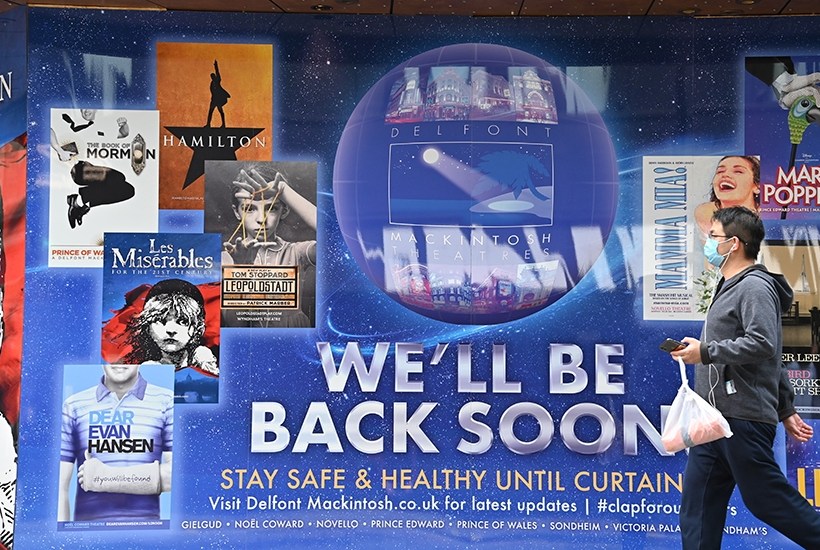
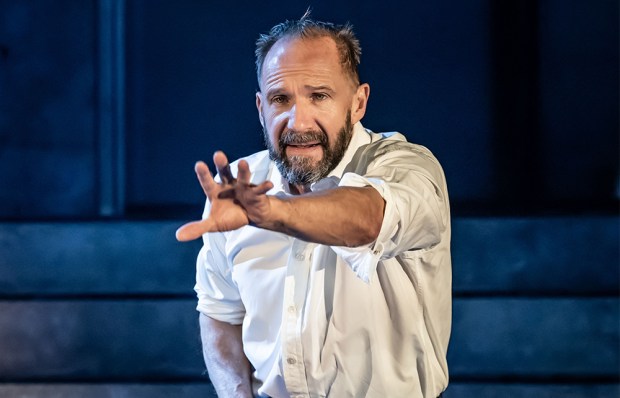
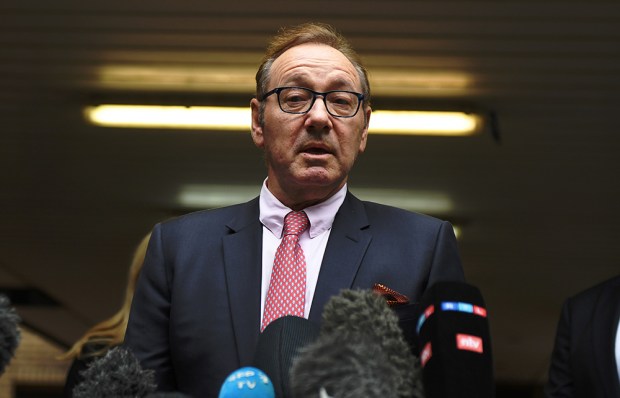
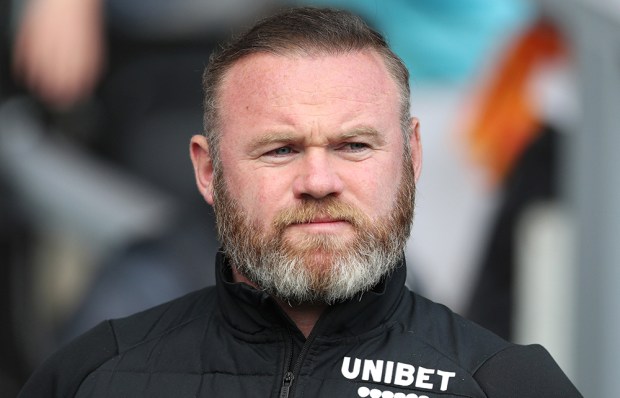
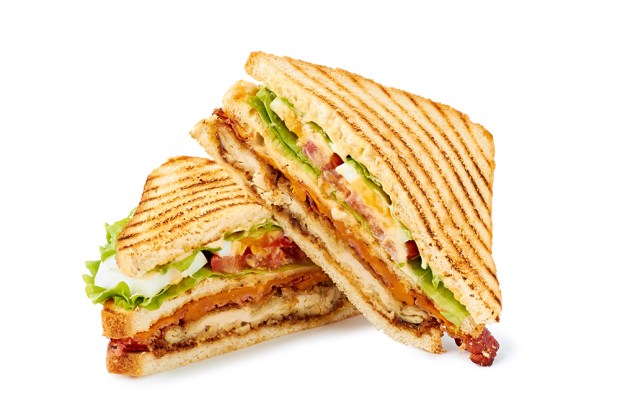
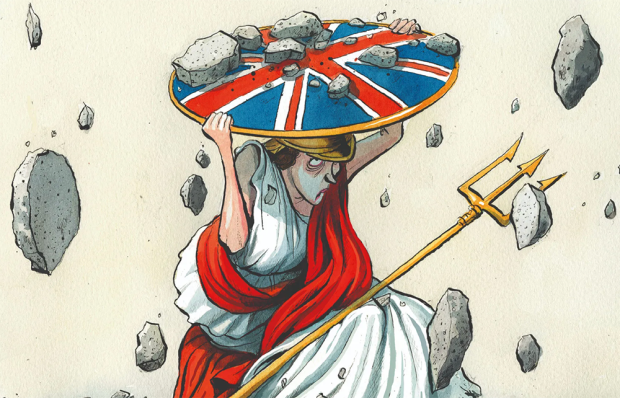
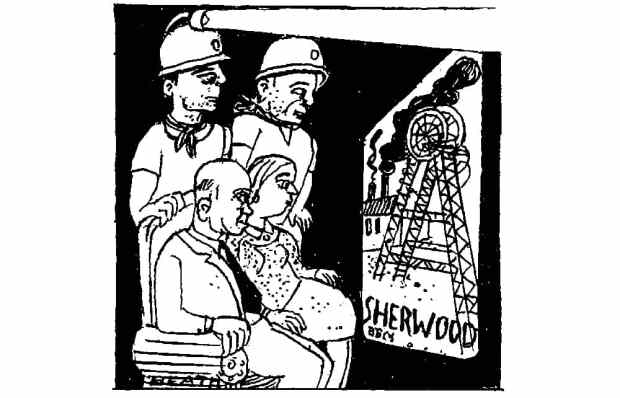






Comments
Don't miss out
Join the conversation with other Spectator Australia readers. Subscribe to leave a comment.
SUBSCRIBEAlready a subscriber? Log in